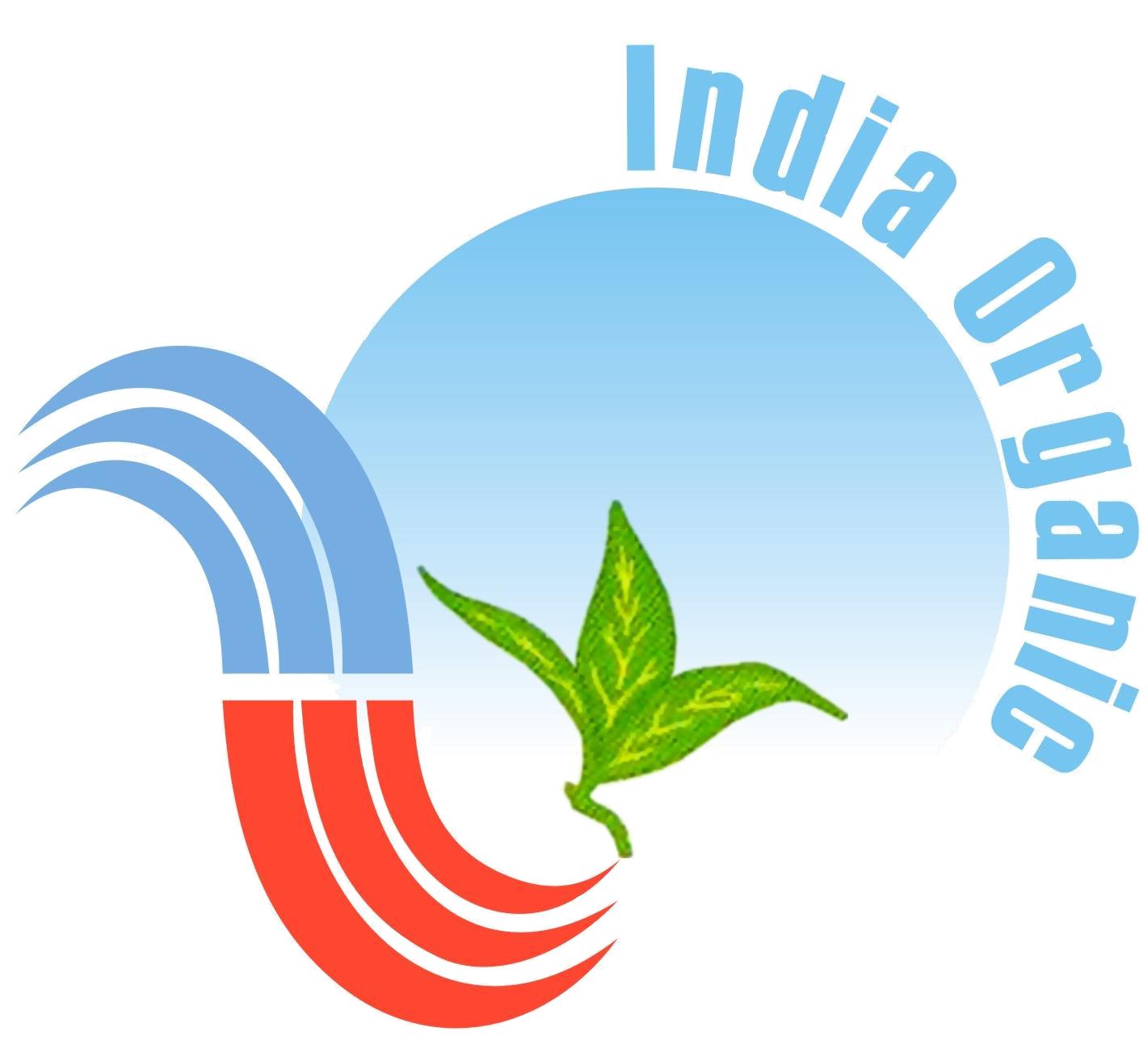Amaranth grain has a long and colourful history in Mexico and is considered a native crop in Peru. It was a major food crop of the Aztecs, and some have estimated amaranth was domesticated between 6000 and 8000 years ago. The name for amaranth comes from the Greek amarantos, “one that does not wither,” or “the never-fading.” People around the world value amaranth as leaf vegetables, cereals, and ornamental plants. Amaranth has more protein and fibre than wheat and contains more than three times the average amount of calcium and is also high in iron, magnesium, phosphorus, and potassium. It’s also the only grain documented to contain Vitamin C.
Nutritional Data per 100g of Amaranth
Protein
Dietary Fibre
Total Fat
Amaranth is an especially high-quality source of plant protein and is packed with fibre, iron and calcium.
Complete Protein
Amaranth is a very rich source of highly bioavailable protein. The protein is more digestible than other seeds and grains and has been compared to the digestibility of milk protein.
Nutrient Rich
Amaranth is a very rich source of minerals like calcium, magnesium, copper, zinc, potassium and phosphorus. Amaranth is also a good source of essential vitamins including A, C, E, K, B5, B6, folate, niacin, and riboflavin.
High Fibre
Amaranth is a high fibre food. This makes it filling and means it aids digestive health, cholesterol, blood pressure, and slows the absorption of sugars to let the body keep up with energy production.
Control Blood Pressure
The fibre and phytonutrients in Amaranth lower blood pressure according to some recent studies. This seed tackles cholesterol, inflammation, and blood pressure, making it an all-around good food for heart health.
Reduce Inflammation
The anti-inflammatory properties of Amaranth can ease pain and reduce inflammation. This is especially important for chronic inflammatory conditions, such as diabetes, heart disease, and stroke.
Prevent Cancer
The same peptides in Amaranth that protect against inflammation may also help prevent cancer. The antioxidants in this grain may even help protect cells from other damage that can lead to cancer.
Kilaru Naturals is HAACP, FSSAI, BRC, HALAL and Organic Certified. We adhere to the highest standards of quality control and quality assurance.






